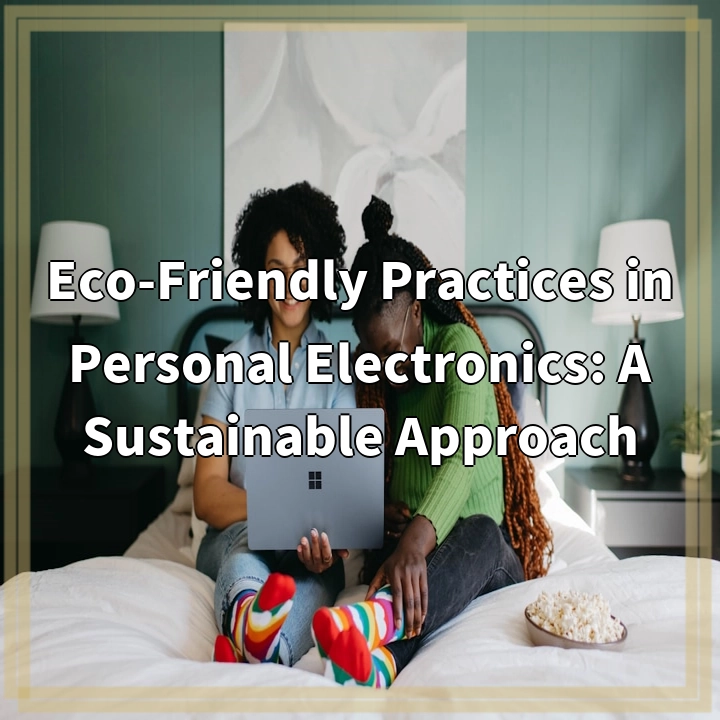
What it is:
Green practices in pet care and products refer to the environmentally-friendly and sustainable approaches adopted by pet owners and manufacturers to minimize their impact on the environment. It involves making conscious choices in various aspects of pet care, including food, grooming, waste management, and product selection.
Real-World Problems:
While pet care and products contribute to the well-being of our furry friends, they can also have negative consequences for the environment. Some of the real-world problems associated with conventional pet care practices and products include:
1. Carbon Footprint:
The production and transportation of pet food, toys, and accessories contribute to greenhouse gas emissions and promote climate change. Additionally, the disposal of pet waste, particularly plastic bags, can further exacerbate environmental pollution.
2. Chemical Exposure:
Many conventional pet care products contain harmful chemicals that can be detrimental to both pets and the environment. These chemicals can contaminate water sources, harm wildlife, and pose health risks to pets and their owners.
3. Unsustainable Ingredient Sourcing:
The pet food industry relies heavily on unsustainable ingredients, such as meat from factory farming and fish from overfished oceans. This contributes to deforestation, habitat destruction, and the depletion of marine resources.
4. Packaging Waste:
Conventional pet products often come in excessive and non-recyclable packaging, leading to a significant amount of waste that ends up in landfills or pollutes natural environments.
5. Animal Testing:
Some pet care products are still tested on animals, causing unnecessary harm and suffering to innocent creatures.

Solutions to Green Practices in Pet Care and Products:
1. Sustainable and Locally-Sourced Pet Food:
Opt for pet foods made with sustainably sourced ingredients, such as organic or locally produced options. Look for brands that prioritize ethical and responsible sourcing practices and minimize packaging waste.
2. Eco-Friendly Waste Management:
Properly dispose of pet waste by using biodegradable bags or composting systems. Avoid flushing pet waste down the toilet, as it can contaminate water sources. Consider using eco-friendly litter options for cats, such as biodegradable litter made from plant material.
3. Natural and Non-Toxic Pet Care Products:
Choose grooming and cleaning products that are free from harsh chemicals and toxins. Look for natural and biodegradable options that are safe for pets and the environment. Consider making homemade remedies for common pet care needs.
4. Reduced Packaging and Recycling:
Opt for pet products that come in minimal or recyclable packaging. Purchase in bulk when possible to reduce packaging waste. Recycle product containers and materials whenever feasible.
5. Supporting Ethical and Eco-Friendly Brands:
Research and support pet care brands that prioritize sustainability, ethical practices, and transparency. Look for certifications such as “Certified Organic” or “Cruelty-Free” to ensure the products meet certain environmental and ethical standards.















